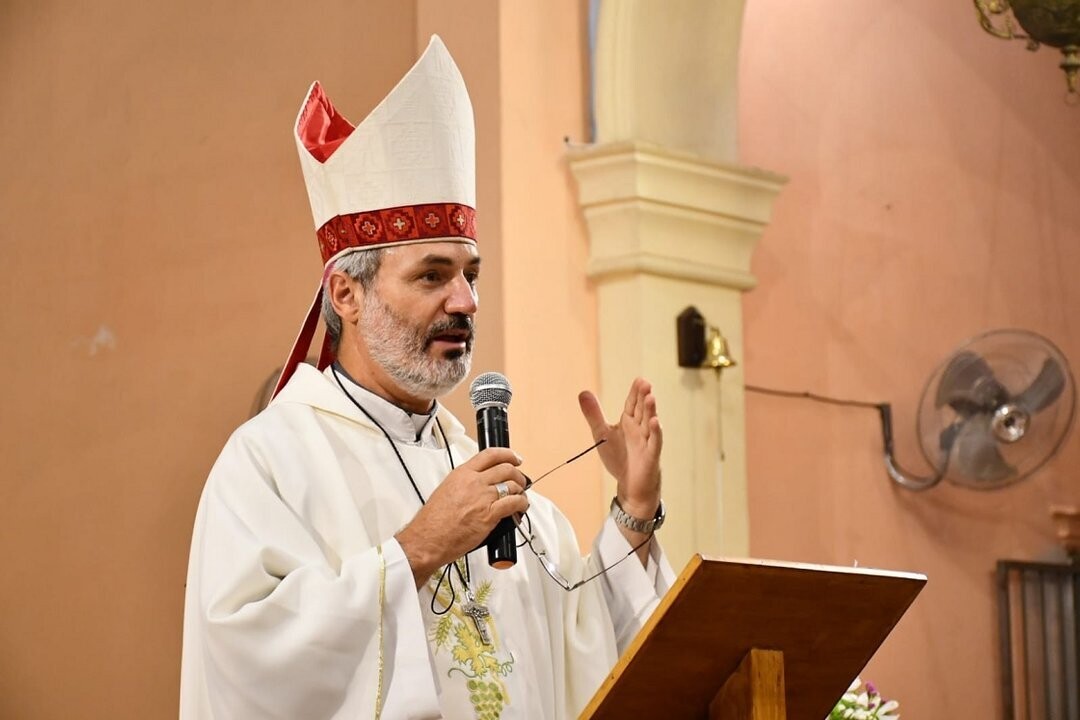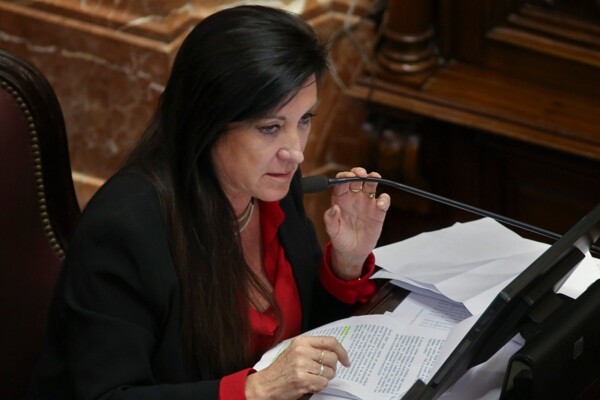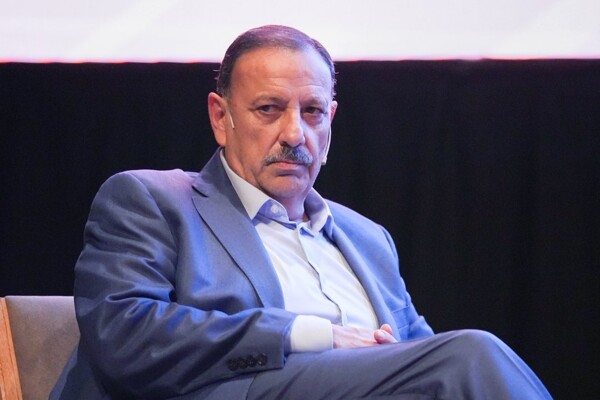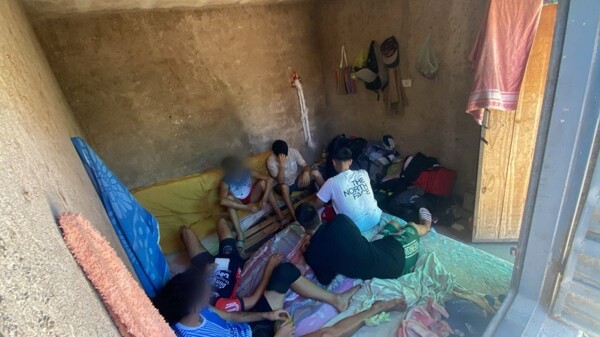
At a crucial moment for the debate in Congress on lowering the age of criminal liability, the Catholic Church in Argentina, through the voice of Monsignor Dante Braida, bishop of La Rioja and president of the Social Pastoral Commission, expressed its firm rejection of the initiative that aims to reduce the age of criminal liability from 16 to 14 years.
Braida firmly reiterated: "Putting a child in confinement does not solve the root problem." The bishop also warned about the "structural deficiencies" of the current system, agreeing with legislators who point out the lack of adequate places for the detention of minors.
None of the projects under discussion include specific budget allocations for the construction of detention centers for youth. In this context, Monsignor Braida directed a direct message to President Javier Milei and Minister of Security Patricia Bullrich: "That they can give time for all social sectors to express their opinions and also contribute diverse proposals to truly tackle the problem, addressing the causes."
He emphasized that the Church's position is not isolated: "It is a position that is not only from the Church but also from many organizations." He urged to avoid hasty responses to a complex issue: "The problem requires time and an openness to a broader approach."
"We do not think that lowering the age is appropriate. Putting a child in confinement does not solve the root problem," the bishop emphasized. His statements come just before the plenary meeting of committees in the Chamber of Deputies, where the ruling party hopes to obtain a favorable opinion for the project, thanks to an agreement with sectors of the UCR, PRO, MID, and allied blocs.
"We believe that it is a reality that must be addressed in a broad, multisectoral way, to get to the causes of why such a young person could reach these levels of serious crimes," explained Monsignor Braida. The Church has warned about the negative consequences of imprisoning adolescents, stating that "what these kids need is opportunities. Our penitentiary systems are overcrowded and often problems are exacerbated in prisons."
Although the original proposal from the Government suggested 13 years as the new threshold, the agreed text ultimately leans towards 14. In this scenario, Monsignor Braida emphasized in an interview with a media outlet that the response to the issue of juvenile delinquency cannot be merely punitive.













